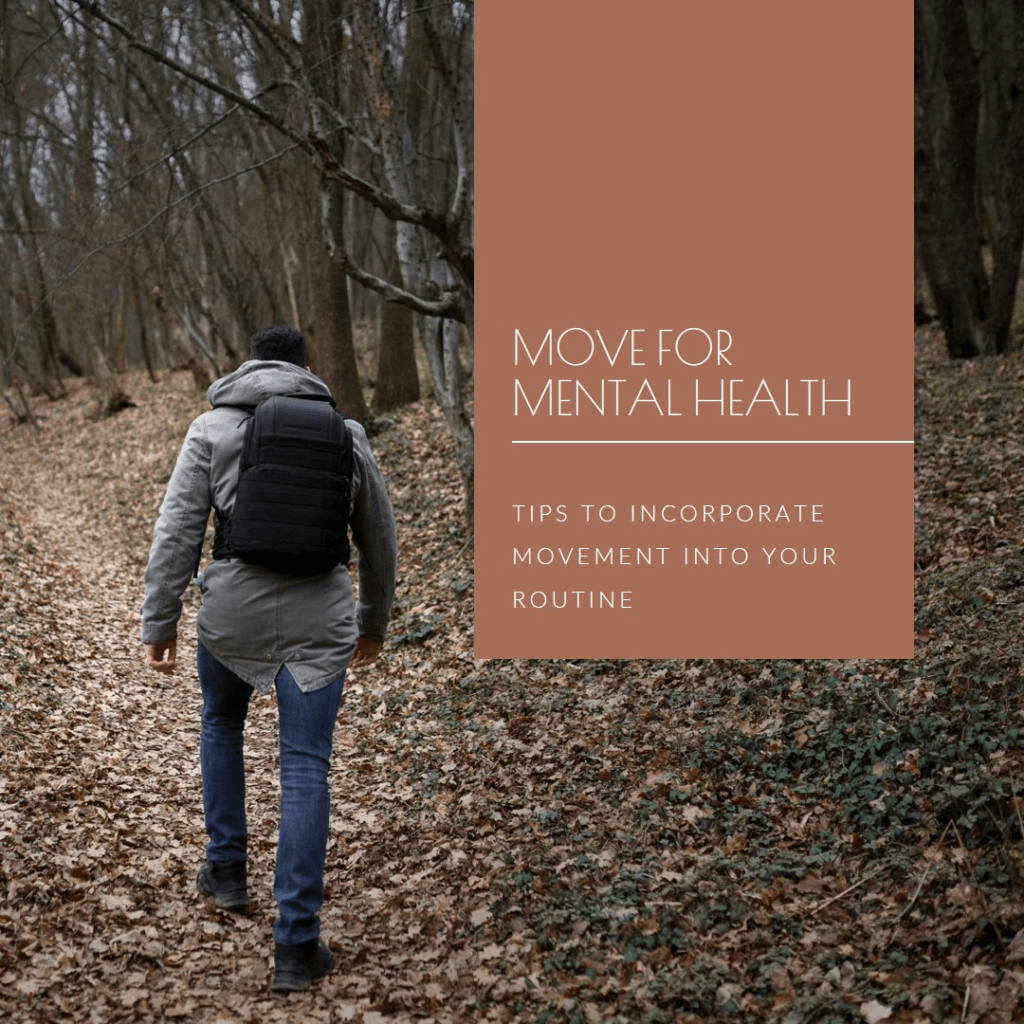In today’s fast-paced world, prioritizing both physical and psychological well-being is essential. While the advantages of exercise for physical health are well-documented, its impact on mental well-being is often overlooked. This article explores the synergistic relationship between movement and mental health, highlighting the significant benefits for overall well-being.
The Neurochemical Impact of Exercise

Exercise transcends mere calorie expenditure. It triggers the release of endorphins, the body’s natural mood elevators. These endorphins combat stress and elevate mood, promoting a sense of well-being. Furthermore, regular physical activity has been linked to reduced symptoms of anxiety and depression. This stems, in part, from the positive influence on neurotransmitters like serotonin and norepinephrine, which play a crucial role in mood regulation.
The benefits extend beyond emotional well-being. Studies suggest that exercise can enhance cognitive function, memory, and focus. Additionally, physical activity promotes better sleep quality, a cornerstone of mental health.
Incorporating Movement for Mental Well-being

The good news is that even modest amounts of exercise can yield significant results. Here are some strategies to integrate movement into your routine for enhanced mental well-being:
- Identify Enjoyable Activities: The key to consistency lies in finding activities you genuinely enjoy. Explore options like dancing, swimming, team sports, or yoga.
- Gradual Progression: Don’t attempt to transition from inactivity to intense exercise abruptly. Begin with manageable durations and gradually increase intensity and duration as your fitness improves.
- Embrace Social Fitness: Exercising with a friend or joining a fitness class can bolster enjoyment and accountability.
- Incorporate Nature: Engaging in outdoor activities, such as brisk walks, cycling, or gardening, offers the additional benefit of nature’s mood-boosting effects.
Conclusion: Move Your Body, Enhance Your Well-being
The essence lies in understanding that any form of movement is superior to none. By incorporating physical activity into your routine, you invest in both your physical and mental well-being. So, lace up your shoes, embrace movement, and unlock a happier, healthier you.
Certainly! Here are some frequently asked questions (FAQs) related to physical and psychological well-being:
- Why is physical activity important for mental health?
- Physical activity releases endorphins, which improve mood and reduce anxiety and depression.
- Exercise also enhances cognitive function and promotes better sleep.
- What are the psychological benefits of exercise?
- Mood Enhancement: Regular movement boosts our spirits and combats stress.
- Stress Reduction: Exercise acts as an antidote to stress.
- Cognitive Boost: Movement sharpens thinking, memory, and creativity.
- What physical benefits does exercise offer?
- Fitness: Regular movement strengthens muscles and improves cardiovascular health.
- Immune System Support: Exercise bolsters our immune system.
- Weight Management: Moving burns calories and aids weight control.
- How can I incorporate more movement into my daily life?
- Walk More: Take short walks during breaks or explore your neighborhood.
- Dance It Out: Put on music and dance—it’s exercise and joy combined.
- Yoga and Stretching: These practices improve flexibility and calm the mind.
Remember, moving your body isn’t a chore—it’s a gift to yourself. So embrace the well-being that comes with every step!
#epicinfinite #epicarticle #epicblog
If you have any more questions or need further details, feel free to ask!










